How AI-Proofreading is Changing the Academic Writing Landscape?
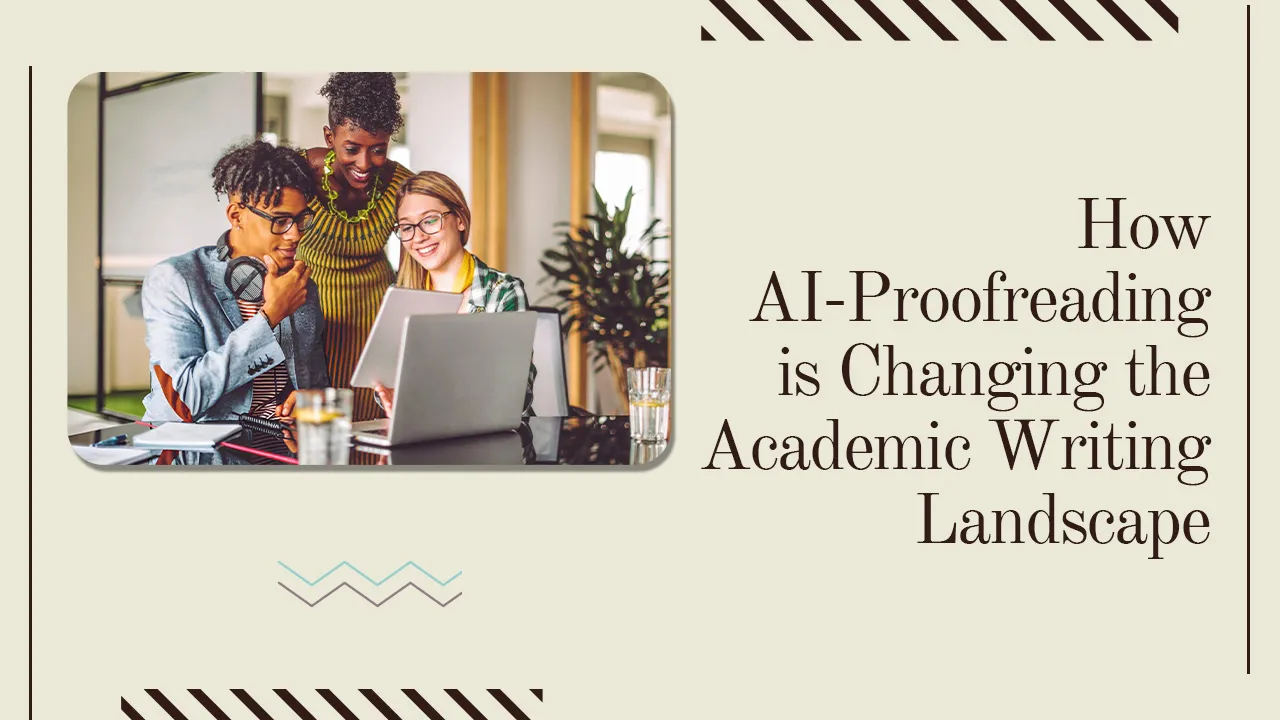
Contents
Introduction
In present times, the popularity of AI has grown not only in writing, but it is also making its way into the proofreading stage. AI dissertation writer and AI powered proofreading tools have emerged as game changers in the academic writing landscape, particularly for dissertation writing and editing.
These tools leverage advanced algorithms and machine learning techniques to scan and analyse written content for spelling and grammatical errors punctuation mistakes and style inconsistencies.
With the ability to process vast amounts of text in seconds, AI-proofreading tools are transforming the way academics approach writing and editing, making it easier and faster to produce high-quality, error-free content.
This blog post will explore the impact of AI on the academic writing landscape, specifically focusing on the concept of AI proofreading. Let's begin by gaining an understanding of what AI proofreading entails.
What is AI-Proofreading?
AI-proofreading in dissertation writing refers to the use of artificial intelligence technology to check and correct errors in grammar, punctuation, spelling, syntax, and style in academic documents such as dissertations.

AI-proofreading tools use algorithms and machine learning to identify and correct errors in writing, making it faster and more efficient for writers to edit their work. This technology is particularly useful for non-native English speakers or anyone who struggles with writing and grammar.
While AI proofreading can be a helpful tool, it is important to note that it should not be relied on entirely. These tools are not perfect and can miss errors or make incorrect corrections. AI proofreading is important for writers to carefully review their work and use human proofreaders or editors for final checks.
Benefits of AI Proofreading Tools
While editing a dissertation, it's crucial to guarantee that the content is devoid of grammatical errors, spelling blunders, and other writing mistakes that can compromise its quality and legibility. In this regard, AI proofreading tools can be immensely beneficial since they can identify and rectify errors that human editors may overlook. AI proofreading tools can offer significant benefits when you're revising your dissertation, and here are some specific reasons why.
1. Improved Accuracy
Advanced algorithms in AI proofreading tools can identify and correct grammatical errors, spelling mistakes, and other issues that human editors may overlook. This ensures that your dissertation is free of errors and presents your ideas clearly and effectively. Such tools can be of great help in achieving an error-free, polished piece of work, and ultimately, better grades or successful publication.
2. Time-Saving
AI proofreading tools are efficient in identifying and rectifying errors in your dissertation, often surpassing human speed. This can be immensely beneficial when working under tight deadlines, as they help you complete your dissertation quickly. These tools save time by swiftly spotting errors and providing suggestions for correction.
With AI proofreading, you can streamline the proofreading process and have more time to focus on other essential aspects of your work. Thus, these tools prove to be a valuable asset in ensuring the accuracy and efficiency of your dissertation while minimising your workload.
3. Consistency
Maintaining consistency in writing is crucial to ensure readership. However, it can be a daunting task to maintain the same tone, style, and formatting throughout the document. Fortunately, AI proofreading tools can come in handy in such a scenario. By leveraging these tools, writers can improve the overall coherence and readability of their work.
These tools are designed to help writers in maintaining consistency, eliminating errors, and ensuring high-quality output. Therefore, utilising AI proofreading tools can be beneficial for writers to produce compelling and engaging content that resonates with their audience.
4. Accessibility
Thanks to the abundance of AI proofreading tools available, editing your dissertation is now easily accessible from anywhere and at any time. Along with seeking assistance from a professional dissertation help editor, you can rely on these tools also.
5. Limitations of AI Proofreading Tools
Although AI proofreading tools are highly beneficial in several ways, they have certain limitations and potential drawbacks. Some of the possible issues that can arise due to the usage of AI proofreading tools are listed below.
6. Overreliance on Technology
Over-reliance on AI proofreading tools can hinder the development of personal writing and editing skills, resulting in diminished critical thinking and creativity in writing. It may also create a reliance on technology for completing tasks, reducing the ability to produce original content.
7. Limited Understanding of Context
AI-powered proofreading tools can encounter difficulties in comprehending the context of a specific word or phrase, causing inaccurate suggestions for corrections that might be unsuitable for the overall text. This can result in errors or inappropriate alterations that do not align with the context of the given content.
8. Privacy Concerns
It's important to be aware that AI proofreading tools have the potential to collect and sell our data as we use them. This is because these tools store our information, which can be utilised for targeted advertising. On top of that, there are valid concerns about the security of user data and the possibility of it being stolen or hacked. Therefore, it's crucial to prioritise privacy and take measures to protect our personal information when using these tools.
9. Language Limitations
Although AI proofreading tools are currently limited in their ability to detect errors and provide suggestions for correction, there is potential for these limitations to be overcome in the future. However, it is worth noting that even as these tools improve, there may still be challenges in detecting errors and nuances in languages with complex grammatical rules. Therefore, it is important to continue to exercise caution and utilise human Dissertation proofreading services when necessary, particularly for critical or sensitive writing projects.
10. Inaccuracy
Although AI proofreading tools are helpful, they are not flawless, and their suggestions for corrections may sometimes be erroneous. It is crucial to consider them as aids, rather than depend entirely on them for editing.
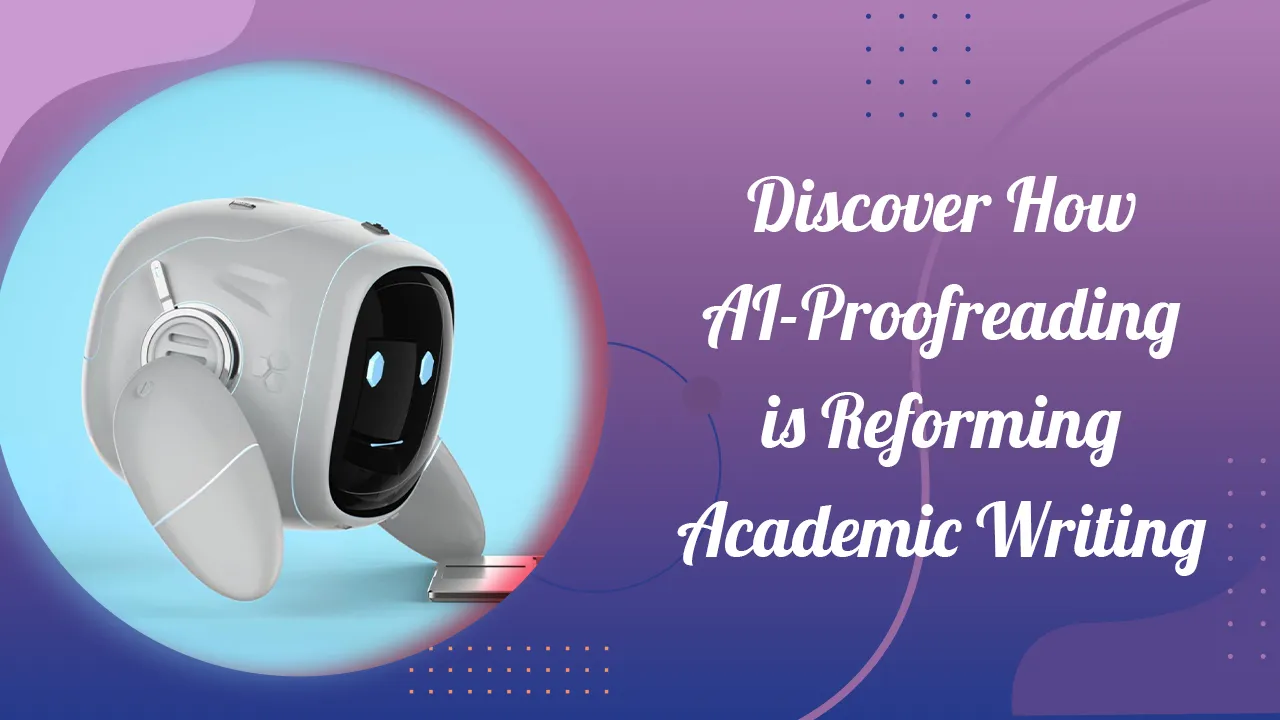
Frequently Ask Questions (FAQ's)
1. How AI Affect Proofreading?
AI is revolutionising the idea of proofreading as it offers advanced tools that help in enhancing the level of accuracy. By using AI-driven proofreading software, you will be able to detect all the possible errors that need to be corrected. It helps in improving the quality of the document. However, human proofreaders play a vital role in ensuring all the major areas of the context.
2. What is the Importance of Proofreading in Academic Writing?
Proofreading is a very critical area in academic writing as it ensures clarity in the writing. It also helps in identifying errors in various places such as grammar and formatting that can be corrected before doing the final submission. It is very essential to enhance the quality of the document. It is a fact that effective proofreading ensures that ideas are placed in a logical order.
3. Why is Proofreading and Editing Important in the Educational Environment?
Proofreading and editing are the most essential parts of the educational environment. It helps in cultivating strong communication skills. Reviewing work helps the students learn how to convey their ideas effectively.
4. How Proofreading Improves the Quality and Expected Outcomes in Writing Academic Papers?
Proofreading enhances the very essential feature which is the quality of academic papers. It ensures accuracy in the document. It also helps in eliminating all possible errors so that the document meets academic standards.
5. Is AI Going to Replace Proofreading?
While AI has all the advanced proofreading capabilities, it is not good enough to replace human proofreaders completely. No doubt AI is efficient in detecting errors, but human proofreaders are very good at offering a proper understanding of context.
Conclusion
This blog highlights the concept of AI proofreading and its application in dissertation editing. While AI proofreading tools are incredibly useful, it is important to remember that they cannot replace the value of human editors. It is advisable to have dissertation writing services review your document after using an AI tool to identify errors that the tool may have missed.
When selecting an AI proofreading tool, it is essential to consider ethical concerns associated with its use. Although working with a proofreading expert has several benefits, there are also some potential drawbacks to consider. Ultimately, the choice between an AI proofreading tool and a proofreading expert rests with the writer. It is crucial to assess individual needs, preferences, and constraints before making a decision.
Your email address will not be published. Required fields are marked *
Recent Post
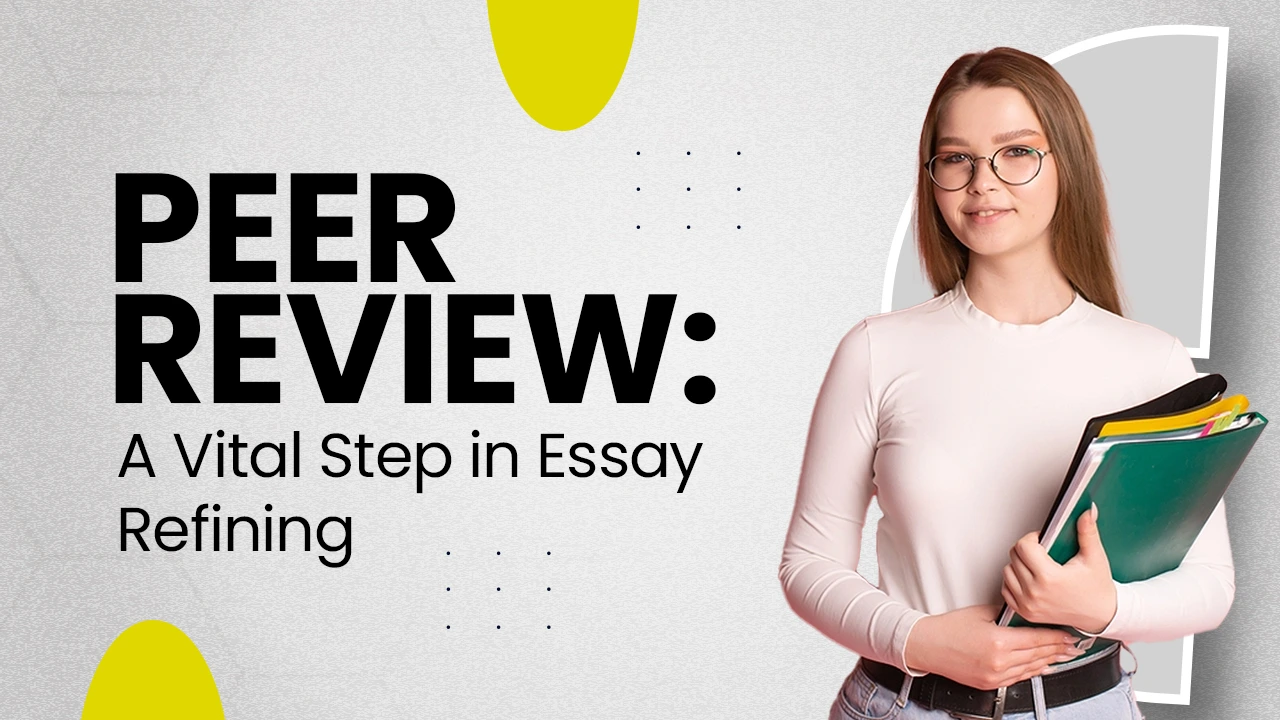
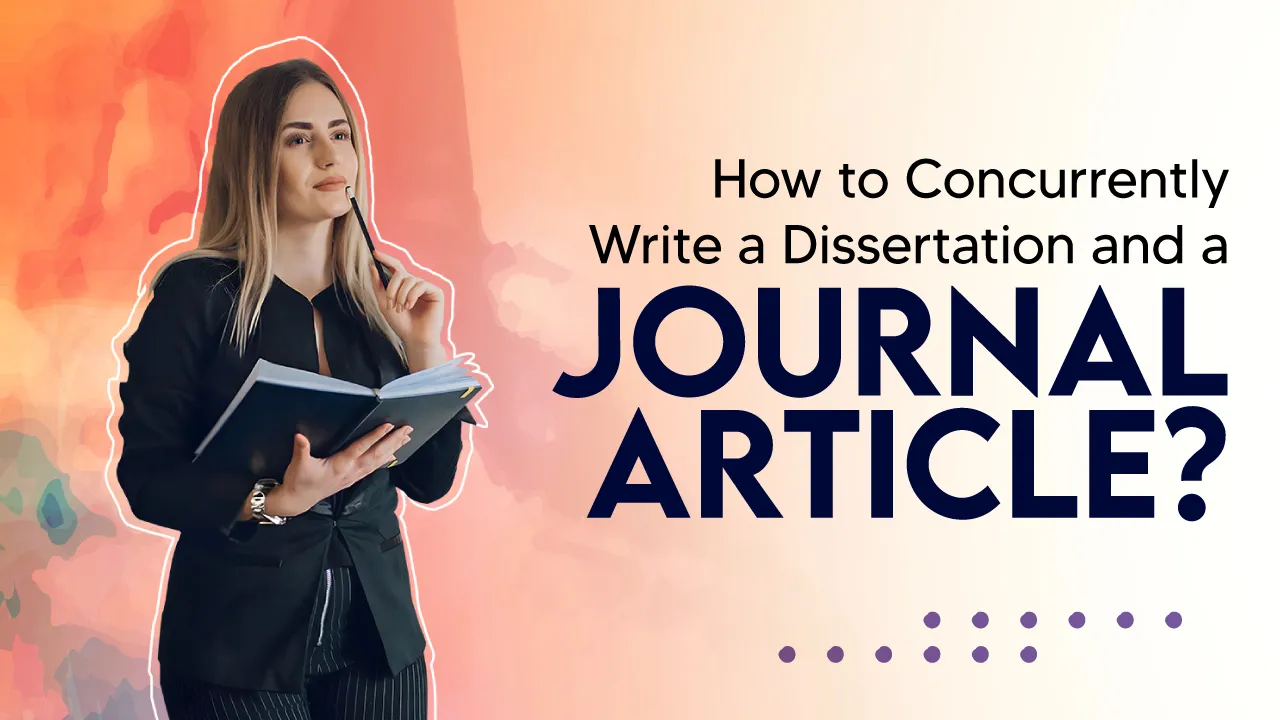

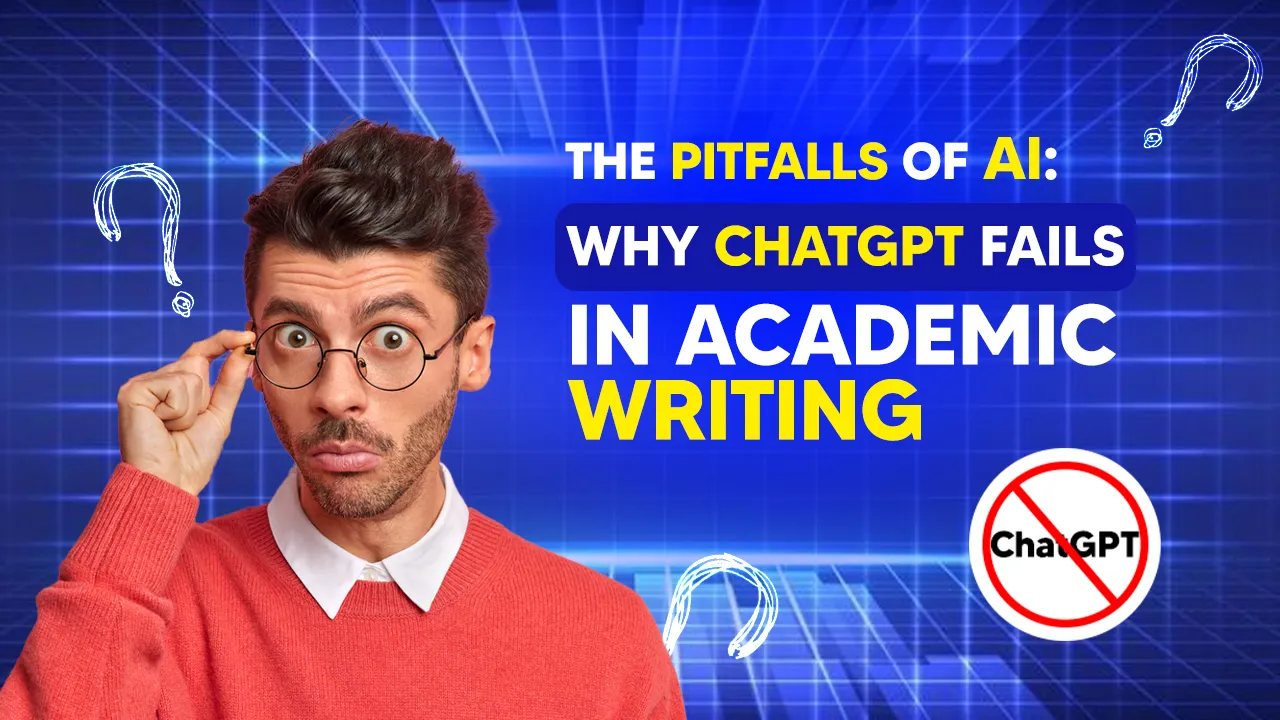

AI proofreading is revolutionizing academic writing by providing efficient grammar and style checks. It's streamlining the editing process, saving time, and enhancing the overall quality of scholarly work. A game-changer indeed!
I really appreciate this informative blog about AI-proofreading is transforming the academic writing scene by offering quick and accurate grammar checks. It's reshaping how scholars refine their work, making the process smoother and more precise.
I'm grateful for this insightful article discussing how AI proofreading is revolutionizing academic writing. Providing fast and precise grammar checks is changing how scholars refine their work, making the process smoother and more precise.
I appreciate this enlightening piece addressing the impact of AI-proofreading on academic writing. With its swift and accurate grammar checks, it's reshaping how scholars perfect their work, ensuring a smoother and more precise process.
This informative blog discusses how AI proofreading is revolutionizing academic writing with its swift and precise grammar checks. It's reshaping how scholars polish their work, leading to a smoother and more precise writing process.